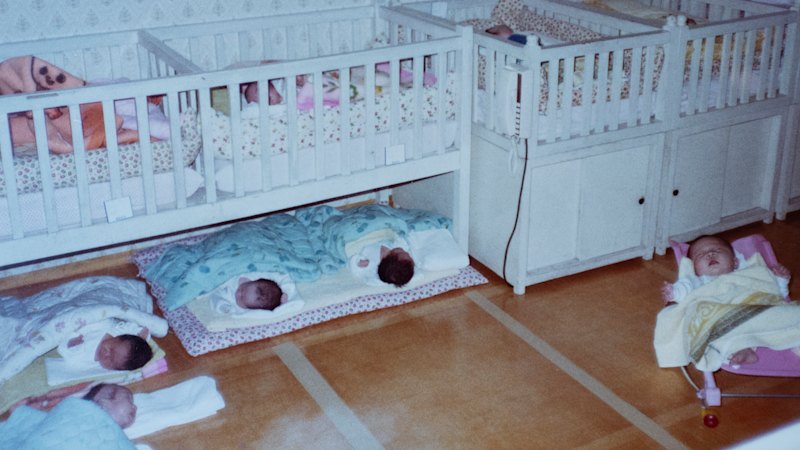Singapore: Australian adoptees say South Korea must act to make it easier for adoption records to be accessed and families to reunite, after the country’s leader apologised for human rights violations caused by its overseas adoption program.
South Korean President Lee Jae Myung offered a “heartfelt apology and words of comfort” on behalf of the country to adoptees, their parents and birth parents in a Facebook post on Thursday, acknowledging the “anxiety, pain, and confusion” many had endured.
A government apology was one of the key recommendations of South Korea’s landmark Truth and Reconciliation Commission.
Earlier this year, the inquiry concluded that systemic fraud and abuse had plagued the country’s privatised adoption program, including falsified orphan registrations, leading to a profit-driven “mass exportation of children” with minimal procedural oversight. The findings were based on complaints made by adoptees in 11 countries, including Australia.
Australian-Korean adoptee group KADS Connect said that “words alone are not enough” and expressed its dismay that the apology was delivered via Facebook post, without an official ceremony, media, adoptees or their families present.
“Written in Korean, it was inaccessible to most overseas adoptees, and it fails to fully acknowledge the Korean state’s responsibility in the adoption system,” KADS Connect co-founder Anna Trifonopoulos said.
“Both the Australian and South Korean governments must take meaningful steps to ensure that adoptees can trace and connect with their families safely, while also supporting adoptees and their families to reclaim and reconnect to their identities and histories with dignity.”
Korean Adoptees in Australia Network Inc president Shaun Kwak echoed this call, saying better resourced post-adoption services were the top priority so adoptees could seek “the truth of their individual origins should they choose to”.
About 3600 South Korean babies have been adopted by Australian families since the late 1970s, with most cases facilitated by the Seoul-based Eastern Social Welfare Society (ESWS), which was one of four private agencies scrutinised by the inquiry.
Many Australian adoptees have uncovered irregularities and even falsehoods in their official adoption files from Eastern.
A spokesperson for Social Services Minister Tanya Plibersek, who has committed to holding an inquiry into Australia’s management of the Korean adoption program, said the federal government welcomed Lee’s apology and was still consulting on what form its investigation would take.
“Labor understands the lifelong consequences of poor adoption practices for intercountry adoptees and their families and the need for a thorough and transparent investigation,” the spokesperson said.
Lee acknowledged that more than 170,000 Korean babies had been sent overseas since the Korean War in the 1950s and that while some found loving homes, others endured lifelong suffering.
He said the commission’s findings confirmed that instances of “unjust human rights violations” had occurred in the adoption process, and it was likely the state had also failed to fulfil aspects of its responsibilities.
In July, the South Korean government began the mass transfer of tens of thousands of adoption files from privately run agencies to a centralised government department, but the process has triggered concerns among adoptee groups about delays and mishandling of critical paperwork.
“Many adoptees still face barriers accessing their records, and these documents are now being stored in inadequate conditions,” Trifonopoulos said.
Get a note directly from our foreign correspondents on what’s making headlines around the world. Sign up for our weekly What in the World newsletter.
